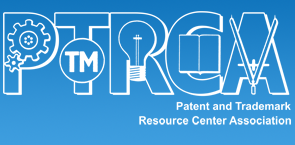Abstract
Technology transfer is the process of transforming research and ideas into viable commercial opportunities. Notable examples of tech transfer include Google, artificial intelligence, life-saving vaccines, and renewable energy technology. Universities and colleges play an important role in the technology transfer process, ranging from brokering commercial partnerships, negotiating license agreements, and protecting intellectual property. Valuable patents are often at stake, and as a result, universities should anticipate litigation risks. State universities, in particular, face new and unusual challenges as a result of their status as state entities. Under the 11th Amendment, state universities, as an arm of the state, can claim sovereign immunity, a doctrine which provides that the government cannot be sued without its consent. However, trends in litigation suggest that sovereign immunity protection for state universities is eroding.
This article discusses the trends in litigation that implicate sovereign immunity claims by state universities embroiled in technology transfer disputes. The legal issues raised and discussed throughout the article are essential for technology transfer offices and university counsel to consider when reviewing their practices, policies, and litigation strategy. The article also provides practical recommendations on how to shift risk away from the university.
Recommended Citation
Gambill, Agnes
(2020)
"Sovereign Immunity Issues for Tech Transfer Programs at State Universities,"
Journal of the Patent and Trademark Resource Center Association: Vol. 30, Article 1.
Available at:
https://open.clemson.edu/jptrca/vol30/iss1/1
Included in
Intellectual Property Law Commons, Library and Information Science Commons, Science and Technology Studies Commons, Technology and Innovation Commons

